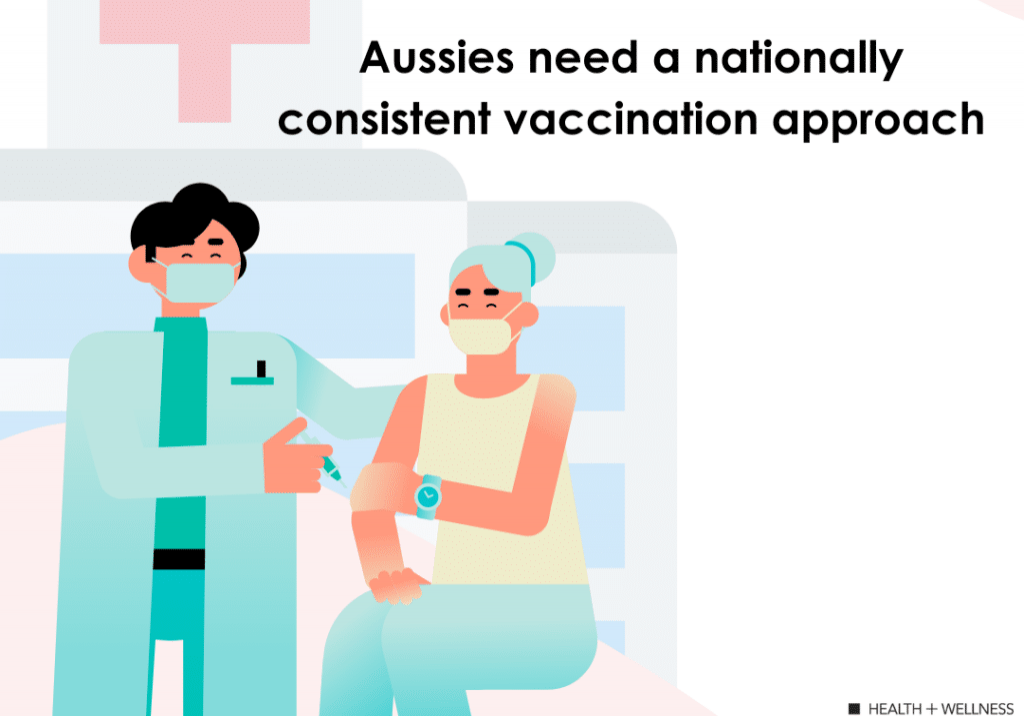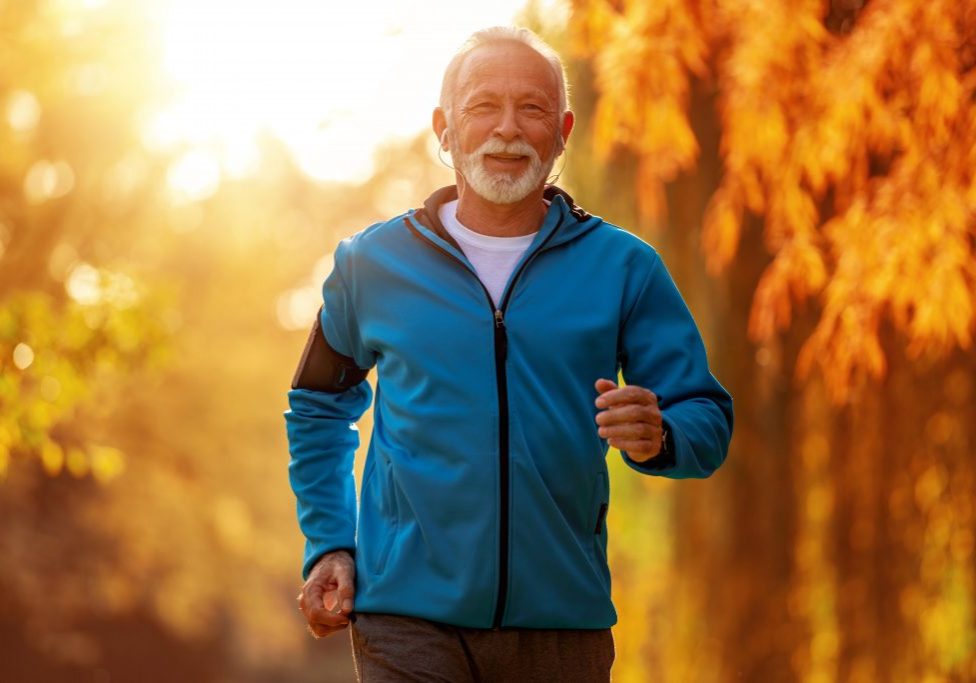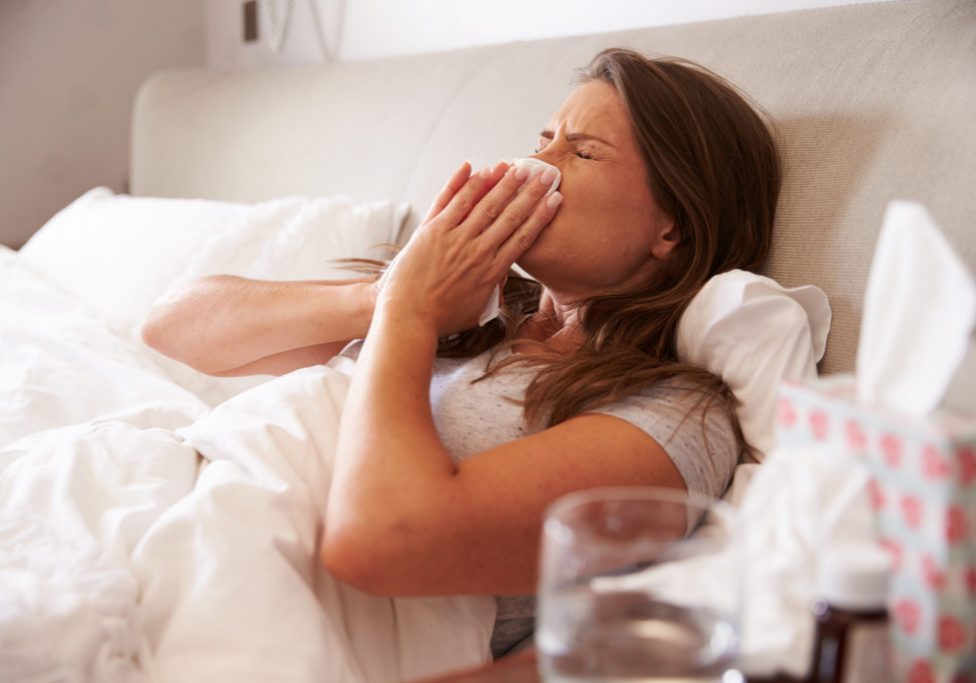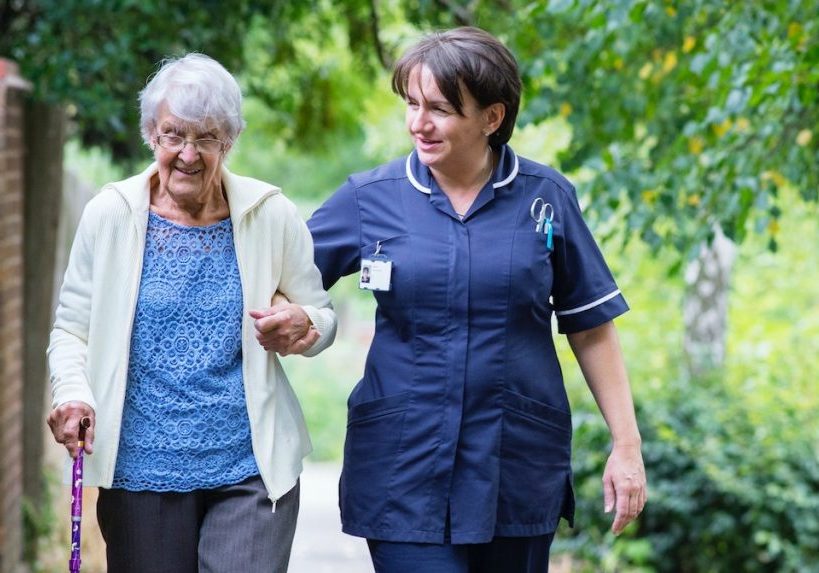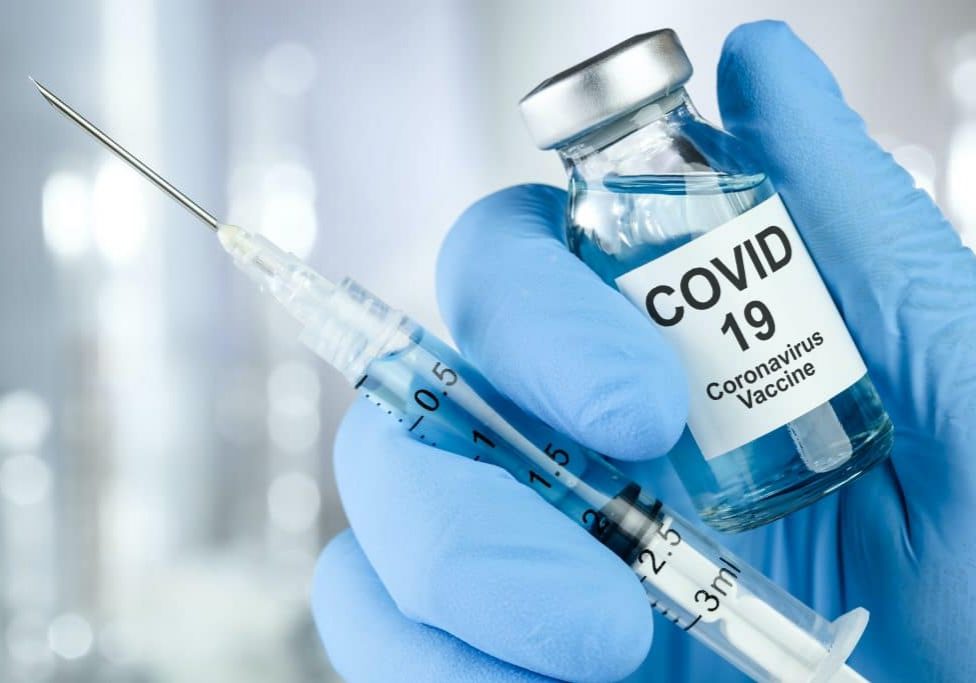COVID Comms Cast
Navigating the issues-rich COVID-19 communications environment
Now, more than ever, individuals and businesses alike are facing unchartered territory, thanks to the COVID-19 pandemic. While the more agile may thrive in connecting and communicating with their respective stakeholders during this disruptive period, others may struggle.
In response to this environment, and to give back to the broader Australian health + wellness community, we’ve assembled a ‘COVID Comms Cast’ comprising our most senior, health-literate communicators well-versed in navigating issues and crisis-rich environments.
Our COVID Comms Cast is ready to support you, your organisation and/or stakeholders with identifying opportunities and crafting effective, authentic and accurate health-oriented messages, communication campaigns and collateral throughout the COVID-19 pandemic.
To mark the launch of the COVID Comms Cast, we published an exclusive e-bulletin for six weeks which:
- housed tips on how to effectively communication during the pandemic;
- featured stories, insights, opinions and perspectives from leading international and local clinicians and health experts, including our very own GLOBALHealthPR partners; and
- a weekly COVID news wrap.
Should you have any burning questions or topics you’d like us to canvas, or wish to tee-up an informal chat with our dedicated COVID Comms Cast, please reach out at info@vivacommunications.com.au.
COVID Comms Cast Top Tips
COVID News Wrap
Could COVID-19 be a winter disease?
A new University of Sydney study published in Transboundary and Emerging Diseases has found a link between lower humidity and an increase in locally acquired infections. The study – the first peer-reviewed study of its kind exploring the relationship between climate and COVID-19 in the southern hemisphere – revealed even a one per cent reduction in humidity could increase the number of COVID-19 cases by six per cent.
Federal Government invests $66 million into COVID-related research
This week the Federal Government announced a significant $66 million investment into the development of a COVID-19 vaccine, antiviral therapies for COVID-19, clinical trials of potential treatments for the virus, and research to improve the health system’s response to the virus and other, future pandemics.
New framework for cancer care during a pandemic
Cancer Australia recently announced publication of an Australian-first framework for cancer care during a pandemic. An estimated 400 Australians are diagnosed with cancer each day, with emerging evidence revealing adult cancer patients are more vulnerable to COVID-19 infection and are at a higher risk of severe events from infection, than those free from cancer. The framework is intended to promote discussion and strategies for decision making on cancer care during a pandemic.
COVID pushes Australia into a recession
Australia has officially entered an economic recession for the first time in nearly 30 years, with the double impact of the bushfires and COVID-19 ending three decades of economic growth. Federal Treasurer, The Hon Josh Frydenberg MP defended the government-enforced COVID-19 lockdown measures that helped fuel the situation this week, citing the rigorous response to this one-in-a-hundred-year event was crucial to flattening the curve and steering the nation and its population away from a worse health and economic fate.
Asymptomatic COVID rates higher than originally suspected
According to an Australian study of an Antarctic cruise holiday, true COVID-19 infection rates could be up to five-times higher than recorded, with four-in-five virus-infected passengers showing no signs of any symptoms. Of the 217 passengers and crew on board the cruise ship, 128 tested positive for the virus, while 104 patients (81 per cent) displayed no symptoms. Another study involving coronavirus patients from Wuhan, China, further identified that a significant proportion were asymptomatic.

